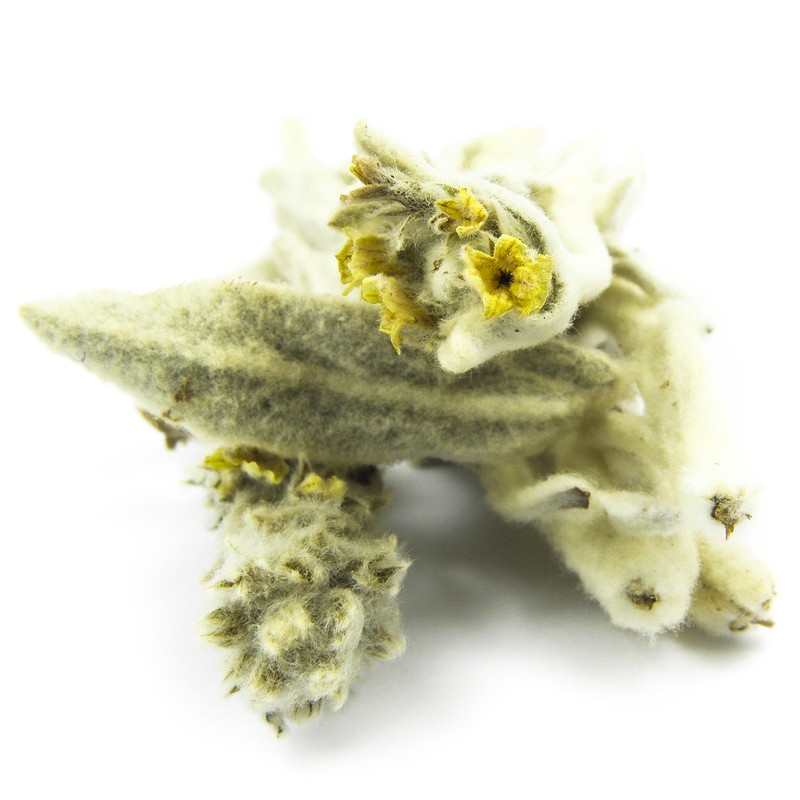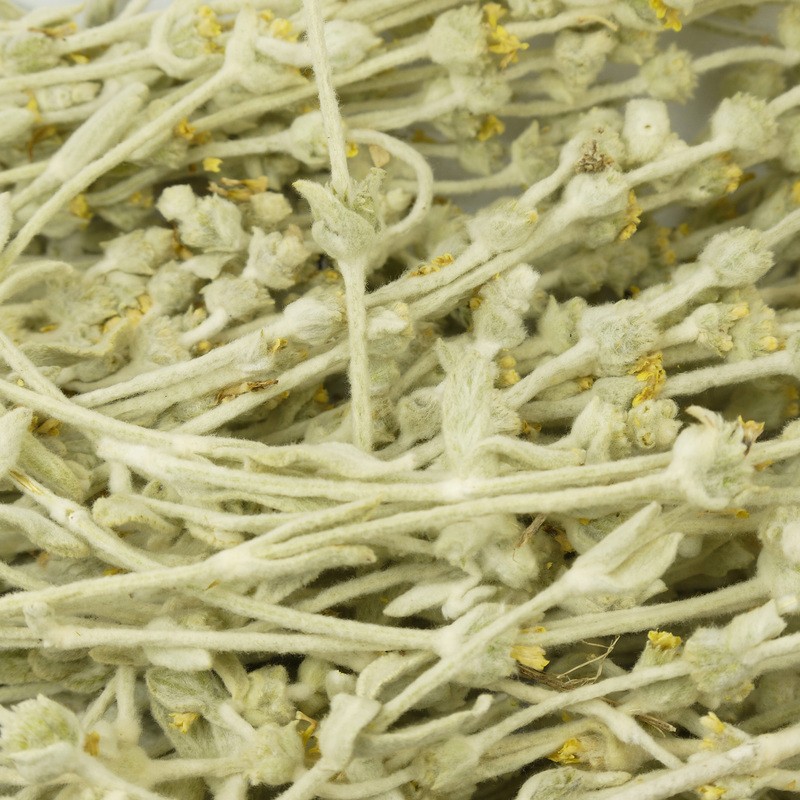About Product
-
Product Description
Malotira Tea (also called Cretan Mountain Tea Malotira or Greek Mountain Tea Malotira) is a rare and unique Herbal Tea from Crete in Greece. It has a close association to our company’s owner, Mr Richard Smith, whose Cretan friend Yiannis, a shepherd, harvests it by hand. We, too, pack it by hand fresh to order once it arrives at our Kent-based factory shop, ensuring quality and consistency.
History of Cretan Mountain Tea
The Malotira plant (Sideritis syriaca) grows in great abundance in the mountains of Crete, the Greek mainland, and other regions in the Balkans. There are an estimated 150 types of the species, including Sideritis raeseri, Sideritis euboea, Sideritis montana and Sideritis scardica. The latter variety is what we use to create our equally popular and beloved Olympus Mountain Tea.
People have drunk the infusion for its distinct herbaceous flavour and Malotira Tea benefits for millennia. Dioscorides (c. 40 – c. 90 CE) recommended it for countless ailments, although particularly to improve the immune and respiratory systems. Likewise dubbed Ironwort and Shepherd’s Tea, it is bound to impress all those who choose it, whether for its taste or reported medicinal value.
Does Malotira Tea Have Caffeine?
Very few types of Herbal Tea contain caffeine, a stimulating chemical compound that, in reality, needs little introduction. An exception to the rule is South American Yerba Mate, which boasts a considerable amount of the constituent. But does Malotira Tea have caffeine? The simple answer is no, it doesn’t. Therefore, if you’re looking to cut down your intake, you’ve decided exceptionally well here.
How to Make Malotira Tea
- Purchase a Tea Filter, Infuser or Strainer for ease and convenience.
- Break up pieces of Cretan Mountain Tea Malotira and place it in the accessory.
- Position the Tea-filled item in a cup or mug.
- Begin brewing by pouring in freshly boiled water at temperatures of 100°C.
- Allow it to steep for 5-10 minutes for the best flavour.
How to Serve: Consider honey or lemon. Alternatively, serve without accompaniments.
Tasting Notes: Imparts a zingy citrusy flavour with herbaceous notes reminiscent of Peppermint.
Malotira Tea Benefits
According to a 2012 animal-based study published in the Journal of Physiology and Pharmacology, Malotira Tea lowers blood pressure. Scientists measured arterial blood pressure and found that doses of Sideritis extract led to blood vessel dilation. The result was that it helped to reduce blood pressure levels and, in turn, decrease stress on the heart. What could be more impressive than that?
-
Delivery Information
We offer reliable delivery services through Royal Mail to ensure that your orders reach you on time.
Here are the main points you should be aware of:
- Standard UK Delivery: £3.95 excluding delivery charge.
- Delivery Times: Orders are processed and dispatched within 2-5 working days but they may take longer during busy times. It is worth noting that all our orders are packed by hand in order to maintain the quality.
- Free Delivery: We are delighted to provide free shipping for UK orders over £35*. Moreover, customers from Europe can enjoy free shipping for any purchase above €75*. Furthermore, we offer free delivery in the USA for all purchases exceeding $125*. Please note terms and conditions may apply.
- Tracking: When your package is sent you will receive a tracking number via email so as to keep tabs of its progress.
International Shipping
We do ship worldwide meaning our products can be accessed by anyone around the world.
Here are some important details:
- Delivery Times: International deliveries vary based on destination, generally taking between 7-14 working days.
- Shipping Costs: International shipping costs are calculated at checkout based on your location and weight of your order. View full delivery charges for your location.
- Customs and Import Duties: Remember customs or import duties may exist depending on regulations in your country; these charges are borne by the customer.
Returns Policy
Your satisfaction is our top priority, however if for any reasons you’re not completely happy with your purchase, simply follow our returns procedure:
- Eligibility: Items returned within 30 days of receipt must remain unopened and in their original condition.
- Process: In order to return an item contact our customer service department using your unique order number after which detailed instructions will be given concerning returning them back to us securely.
- Refunds: Our aim is to refund you within 5-7 working days upon successful reception of returned goods. The refund amount will be credited to your original payment method.
For any other Enquiries or help please contact our Customer Support Team always at your service.
-
Product Reviews

 Loose Leaf Tea
Loose Leaf Tea Pyramids
Pyramids Tea Bags
Tea Bags Africa
Africa Assam
Assam Ceylon
Ceylon Chinese
Chinese Darjeeling
Darjeeling European
European Indian
Indian Japan
Japan Nepal
Nepal South East Asia
South East Asia Ayurveda Tea
Ayurveda Tea Black Tea
Black Tea Chai Tea
Chai Tea Flowering Tea
Flowering Tea Fruit Tisanes
Fruit Tisanes Green Tea
Green Tea Herbal Tea
Herbal Tea Matcha Tea
Matcha Tea Oolong Tea
Oolong Tea Organic Tea
Organic Tea Pu erh Tea
Pu erh Tea Rooibos Tea
Rooibos Tea White Tea
White Tea Asian Coffee
Asian Coffee Caribbean Coffee
Caribbean Coffee Central American Coffee
Central American Coffee South American Coffee
South American Coffee Coffee Blends
Coffee Blends Decaffeinated Coffee
Decaffeinated Coffee Espresso Coffee
Espresso Coffee Ethically Sourced Coffee
Ethically Sourced Coffee Flavoured Coffee
Flavoured Coffee Organic Coffee
Organic Coffee Single Origin Coffee
Single Origin Coffee Chocolate 1
Chocolate 1 Chocolate 2
Chocolate 2 Chocolate 3
Chocolate 3 Chocolate 4
Chocolate 4 Chocolate 5
Chocolate 5 Chocolate 6
Chocolate 6 Chocolate 7
Chocolate 7 Chocolate 8
Chocolate 8 Chocolate 9
Chocolate 9 Loose Tea Filters
Loose Tea Filters Tea Accessories
Tea Accessories Tea Bricks
Tea Bricks Tea Caddies
Tea Caddies Tea Caddy Spoons
Tea Caddy Spoons Tea Gift Ideas
Tea Gift Ideas Tea Infusers
Tea Infusers Tea Strainers
Tea Strainers



